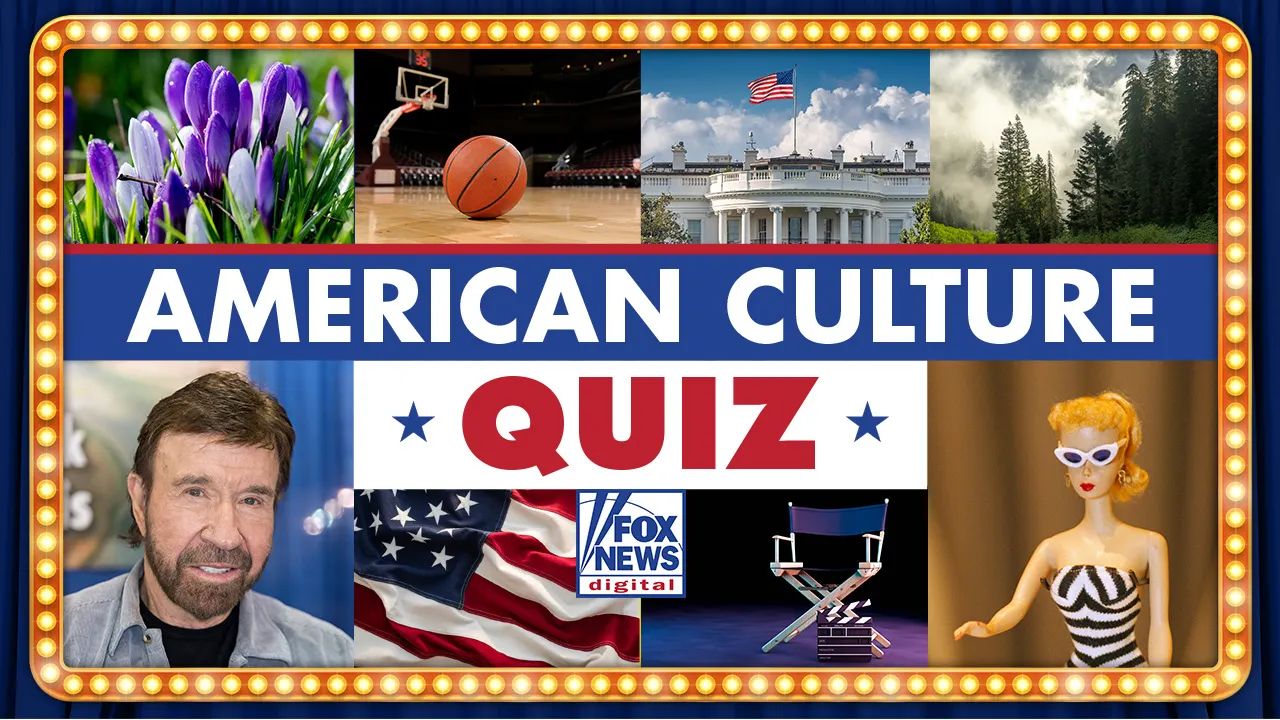Test Your Knowledge: A Deep Dive into American Culture and March Madness
American culture is a vibrant tapestry woven from a multitude of influences, traditions, and historical events. One of the most defining aspects of this culture is its sports, particularly college basketball and the phenomenon known as March Madness. This annual tournament captivates millions, showcasing not just the sport itself but also the unique culture surrounding it. In this article, we’ll explore the rich elements that define American culture, from iconic March Madness moments to notable flora and standout states. So, get ready to challenge yourself with a quiz that will test your knowledge of this fascinating culture!
Understanding March Madness: A Cultural Phenomenon
March Madness refers to the NCAA Men’s Basketball Tournament held every spring, featuring 68 college teams competing in a knockout format. The tournament has grown into a national obsession, drawing in fans from all corners of the United States. Its impact on American culture is profound, as it brings together diverse communities and fosters a sense of unity and excitement.
Some of the iconic moments in March Madness history include:
- The 1982 Championship Game: Michael Jordan hit the game-winning shot for North Carolina, marking the beginning of his legendary career.
- UMass vs. Kentucky (1993): A thrilling overtime game that showcased the unpredictability of the tournament.
- Villanova’s Perfect Game (1985): Villanova defeated Georgetown in what is considered one of the biggest upsets in NCAA history.
These moments not only highlight the athletic prowess of the players but also reflect the broader cultural values of determination, resilience, and the pursuit of excellence that are deeply embedded in American society.
Quiz Yourself: How Much Do You Know About March Madness?
Now that we’ve explored the significance of March Madness, let’s put your knowledge to the test! Below are some questions to challenge your understanding of this cultural staple:
- Which team won the first NCAA tournament in 1939?
- What is the term used to describe a perfect bracket during the tournament?
- In what year did the NCAA expand the tournament to 64 teams?
- Which school has won the most NCAA championships?
- What is the name of the famous coach who led Duke University to five championships?
Answers can be found at the end of this article, but don’t peek just yet! Let’s delve deeper into other aspects of American culture.
American Flora: A Unique Reflection of Culture
Just as sports reflect cultural values, so does the flora of the United States. The diverse climate and geography across the country give rise to a rich variety of plants, many of which hold cultural significance. Here are a few notable examples:
- California Poppy: The state flower of California, this vibrant orange flower symbolizes the beauty and diversity of the Golden State.
- Bluebonnet: The state flower of Texas, bluebonnets are celebrated for their stunning blue hue and are a symbol of Texas pride.
- Maple Tree: Known for its brilliant fall foliage, the maple tree is emblematic of New England and is also tapped for its sweet sap, which produces maple syrup.
These plants are more than just flora; they represent the identity and heritage of their respective states, showcasing the natural beauty that is an intrinsic part of American culture.
Standout States: Uniquely American
Every state in the U.S. boasts its own distinct cultural identity, shaped by history, geography, and the people who inhabit them. Here’s a quick overview of a few standout states and what makes them unique:
California
Known for its entertainment industry, particularly Hollywood, California is a melting pot of cultures, cuisines, and lifestyles. It’s also home to stunning landscapes from beaches to mountains, making it a major tourist destination.
New York
The Empire State is synonymous with the hustle and bustle of New York City, a global hub for finance, art, and fashion. The diverse population contributes to a vibrant cultural scene, with countless museums, theaters, and culinary delights.
Texas
Texas pride is unmatched, with a rich history that includes its time as an independent republic. Known for its barbecue, country music, and wide-open spaces, Texas embodies a unique blend of Southern and Western cultures.
Florida
With its warm climate and beautiful beaches, Florida is a vacation paradise. It’s also known for its theme parks, including Walt Disney World and Universal Studios, making it a family-friendly destination.
Exploring American Culture Through Food
Food is another essential aspect of American culture, with each region offering its own culinary specialties. Here are some iconic dishes that reflect the diverse cultural heritage of the United States:
- Barbecue: From Kansas City to Texas, barbecue styles vary, each with its own unique flavor profiles and cooking techniques.
- Clam Chowder: A New England classic, this creamy soup is a staple in coastal areas, particularly in Massachusetts.
- Gumbo: This hearty stew from Louisiana reflects the Creole and Cajun cultures, showcasing a blend of ingredients and spices.
These dishes not only tantalize the taste buds but also tell stories of the people and traditions that shaped them.
Conclusion: Embracing the Tapestry of American Culture
American culture is an intricate tapestry, rich with history, diversity, and passion. From the excitement of March Madness to the significance of regional flora and culinary delights, each element contributes to the unique identity of the United States. As you’ve seen, understanding these facets can deepen your appreciation of what it means to be part of the American experience. Now, let’s revisit our quiz questions to see how well you did!
Quiz Answers:
- Oregon State University
- Perfect Bracket
- 1985
- UCLA
- Mike Krzyzewski
How did you score? Whether you aced it or learned something new, the journey through American culture is ongoing. Keep exploring, keep questioning, and most importantly, keep embracing the vibrant tapestry that makes up this great nation.
See more TED Talks World
